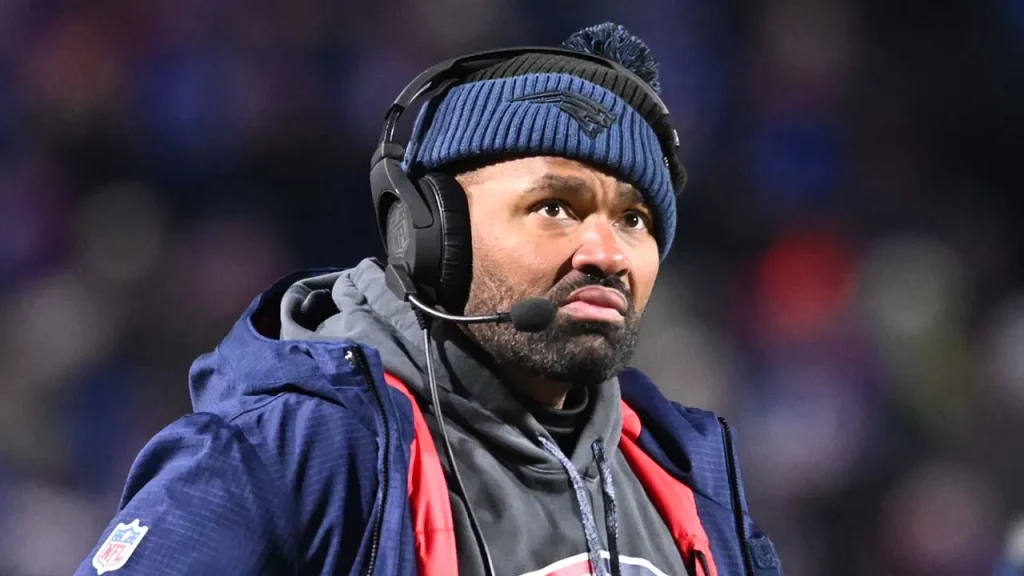The abrupt dismissal of Jerod Mayo as head coach of the New England Patriots after a single, tumultuous 4-13 season has ignited a firestorm of controversy, with Mayo’s wife, Chantel Rostant, publicly hinting at behind-the-scenes machinations and a perceived lack of “class” within the organization. Rostant’s cryptic Instagram pronouncements suggest a simmering discontent, alluding to untold truths and a willingness to expose what she perceives as fabricated narratives designed to protect the Patriots’ image. This public airing of grievances adds another layer of complexity to an already fraught situation, raising questions about the true reasons behind Mayo’s swift departure and the internal dynamics within the once-venerable franchise.
The Patriots’ decision to part ways with Mayo, a handpicked successor seemingly groomed by Bill Belichick himself, appears particularly harsh considering the challenging circumstances he inherited. Taking the reins of a team depleted of talent and facing an uphill battle to regain its former glory, Mayo was thrust into a near-impossible situation. Critics argue that a single season, especially one marred by such adversity, hardly provides a fair assessment of a coach’s capabilities. The timing of the firing, coupled with Rostant’s insinuations, fuels speculation that factors beyond the team’s win-loss record contributed to Mayo’s demise.
Adding fuel to the fire, Patriots legend Rob Gronkowski, a former teammate of Mayo and a player intimately familiar with the Belichick regime, has publicly criticized the organization’s handling of the situation. Gronkowski’s assertion that Mayo was unfairly judged given the depleted roster and his rookie status as a head coach resonates with many observers who believe Mayo was set up to fail. The sentiment expressed by Gronkowski, a revered figure within the Patriots community, lends further credence to the notion that Mayo was not afforded a genuine opportunity to prove his worth.
The Patriots’ unexpected win in their season finale, ironically costing them the coveted No. 1 draft pick, adds a further layer of irony to the unfolding drama. While a victory might typically be celebrated, in this instance, it serves as a stark reminder of the team’s declining fortunes. The Patriots’ descent from perennial contenders to a team struggling to achieve a winning record underscores the challenges Mayo faced in his brief tenure. The win, while seemingly positive on the surface, ultimately resulted in a lower draft pick, potentially hindering the team’s rebuilding efforts.
The rapid decline of the Patriots, once a symbol of consistent excellence under Belichick’s iron rule, is a striking development in the NFL landscape. After a 10-7 season in 2021, the team has stumbled to consecutive losing seasons, culminating in the disastrous 4-13 record under Mayo. This downward trajectory raises questions about the long-term viability of the Patriots’ current strategy and the ability of the organization to regain its former dominance. The departure of Belichick after a remarkable 24-season reign marks the end of an era and leaves the Patriots at a crossroads, grappling with an uncertain future.
The confluence of Mayo’s dismissal, Rostant’s public pronouncements, Gronkowski’s criticism, and the Patriots’ ongoing struggles paints a picture of a franchise in turmoil. The once-impregnable fortress of Belichick’s Patriots now appears vulnerable, beset by internal strife and external doubts. The question remains: can the Patriots reclaim their former glory, or is this the beginning of a prolonged period of decline? The answers, like the truths hinted at by Rostant, may be more complex and unsettling than they appear on the surface.

